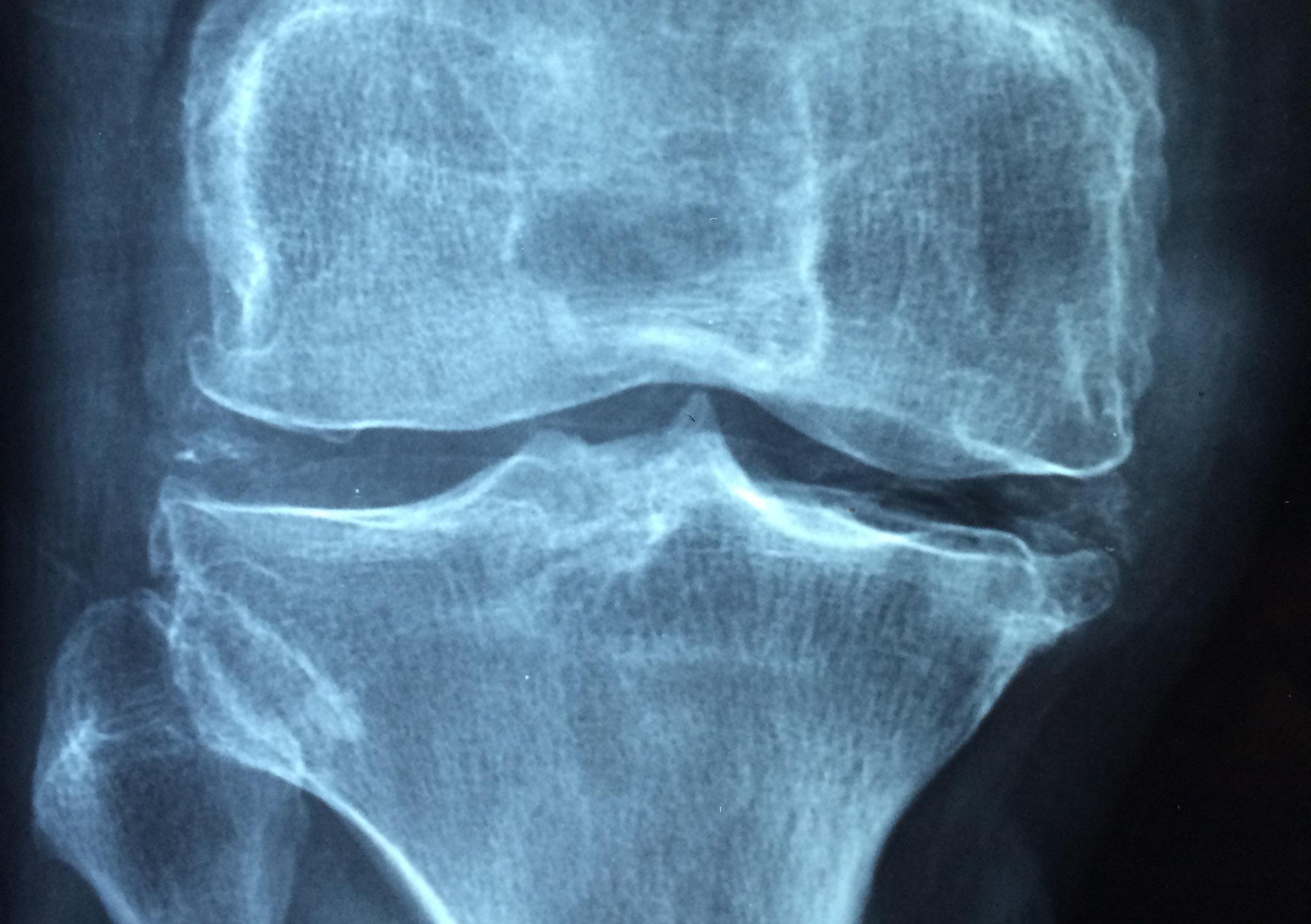
3 minute read
Leading Better Value Care
DR RICHARD HOLLAND Consultant Rheumatologist
PRIYA GNANAKUMARAN Clinic Co-coordinator
Advertisement
A patient focused Osteoarthritis Chronic Care Program
Osteoarthritis is a major cause of disability and early retirement in Australia, and it is forecast that by 2030 over three million Australians will be living with osteoarthritis, with treatment costs expected to exceed $2.9 billion. Data obtained by the Agency for Clinical Innovation indicated that few patients had tried conservative management prior to joint replacement surgery. The nonsurgical management of osteoarthritis is frequently fragmented, with most clinicians working in silos. The Concord Hospital osteoarthritis chronic care programme (OACCP) was established in April 2018, and to date has enrolled over 500 patients. The programme is a coordinated, multidisciplinary ambulatory care clinic designed and implemented for patients with knee and hip osteoarthritis as part of the Leading Better Value Care (LBVC) initiative and was established after careful consideration of the needs and challenges of patients with hip and knee osteoarthritis. The objectives were to improve health outcomes (pain, function, mobility and anxiety) and patient experiences in the non-surgical management of osteoarthritis of the knee and hip. To address the biological, social, and psychological impacts of disease, we included a range of clinicians with appropriate skills in managing chronic disease.
We recognised that a single physical space, incorporating individual consultation rooms, an open exercise/assessment space and a meeting room would be essential to deliver healthcare in a way that was sensitive to the needs of patients with reduced mobility and function. Following an initial review by the musculoskeletal clinical lead (senior physiotherapist), patients are scheduled to attend a multi-disciplinary (MDT) clinic. The MDT clinic utilises the skills of experienced, motivated clinicians including a physiotherapist, psychologist, podiatrist, dietician, occupational therapist, social worker and rheumatologist. The close collaboration of the clinicians ensures highly coordinated care and facilitates the discussion of barriers to change and challenges faced by each patient. Participants are provided with a comprehensive, evidence-based and individually tailored management plan focused on maximising health outcomes important to the patient. Adjustments to the plan are made following regular followup appointments using both clinical and patient reported outcome measures (PROMs). A robust set of measurable outcomes are used to monitor the effectiveness of the service, with the focus on PROMs.
The programme has demonstrated strong results, with a significant reduction in the number of patients proceeding to total joint replacement. Formally-assessed patient outcomes using Promis29 have been excellent, and most overweight patients lost weight by three months, improving with time. Patient feedback has been very positive, and highly complimentary of the service provided. Qualitative patient assessment revealed enhanced confidence and ability to start exercising, and those proceeding to surgery reported rapid recovery, facilitating a reduction in length of stay. Assessment of provider experiences demonstrated high levels of professional satisfaction, achievement and engagement with the multidisciplinary clinic format. A whole of experience review revealed opportunities for increased efficiency such as enhanced psychology and podiatry services, adding value with modest investment. In NSW, LBVC services have successfully demonstrated a move from admitted care to non-admitted care. Specifically, the OACCP has led to a significant 7% reduction in business as usual activity for Sydney Local Health District. The diabetic high risk foot service, osteoporosis
re-fracture prevention programme, and OACCP all contributed to cost savings of approximately $5 million for Sydney Local Health District in the 2018/19 financial year. At inception, only patients on the surgical waiting list for total hip or knee joint surgery were invited to participate in the programme. With the success and positive outcomes of the programme, referral criteria have broadened to allow all patients to attend the clinic following specialist referral. As the service continues to mature, it is forecast that the volume of patients accessing the service will grow, and in turn, increase the volume of patients deferring or cancelling their surgery. The COVID-19 pandemic has been a significant challenge to the service in 2020. We have managed to continue outpatient clinics through the implementation of telehealth, socially distanced and COVID-safe face-to-face services, and referral to hospital and community run virtual exercise sessions. The continuity of care, particularly in light of cancelled/deferred surgical procedures due to the pandemic, has been gratefully and positively received by patients.









